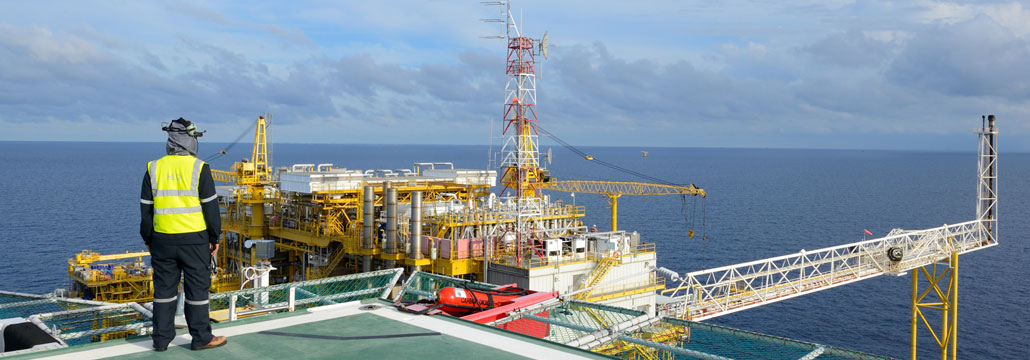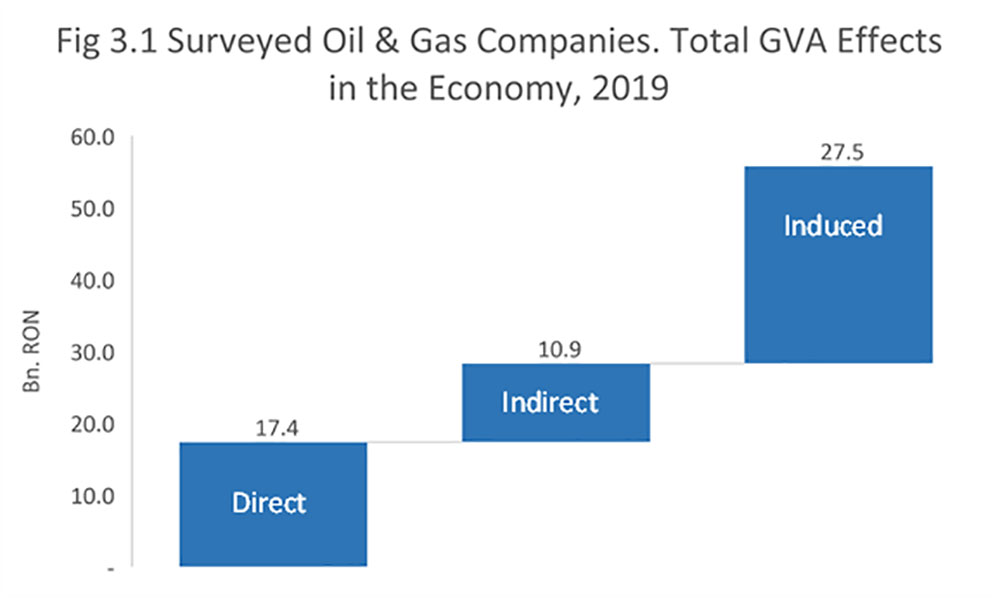Open Letter for the offshore law
The Oil and Gas Employers’ Federation (FPPG) welcomes the European Commission’s initiative to reduce the effects of the exceptional increase in international energy prices, expected to last all winter. At the same time, FPPG expresses the hope that some of these recommendations will be able to facilitate, for millions of Romanians as well, an easier passage through what will most likely be a difficult winter from several points of view.
In the context of the global crisis that is also manifesting itself in the energy sector of all European Union (EU) countries, the European Commission Communication includes a set of measures the EU and its Member States can take to manage the immediate impact of rising prices and strengthen their resilience to future shocks.
As such, in line with the recommendations of the European Commission, FPPG draws attention to the fact that the solution for our country to avoid such situations is to adopt a stable and predictable long-term energy policy that stimulates investment and, consequently, domestic energy production.
In a balanced, stable and competitive legislative and regulatory context, Romania would have been much better prepared, having new energy sources in production today. Such an example is represented by the Black Sea gas projects, which could have been launched years ago, under conditions of an offshore legislative framework suitable for investments of this magnitude. Unfortunately, despite the industry’s efforts to communicate the specifics and benefits of offshore natural gas projects, the legislation in force (adopted in 2018) blocked the investments planned by companies and, implicitly, the advancement of projects.
The natural gas in the Black Sea is the only solution for Romania to secure its access to energy and to successfully cross the period of energy transition. Moreover, Black Sea projects can support the relaunch of some industrial sectors in Romania and would generate significant contributions to the state budget. Therefore, in recent months, FPPG representatives and partners have organized extensive discussions with members of the Romanian Parliament, managing to find political consensus on the urgency of natural gas projects in the Black Sea, but also the need for clear provisions on fiscal and legislative stability, a balanced tax system and free market mechanisms.
Thus, FPPG appeals to the following decision makers in this time of crisis:
Natural gas from the Black Sea is the solution for Romania’s energy independence. In the absence of these projects, it is estimated that gas imports could increase to 50% by 2030. Therefore, let us all try not to repeat the mistakes made in recent years. Companies are ready to launch multi-billion-euro projects to bring natural gas to shore for consumers.
We need this legislative framework today, as tomorrow may be too late!













